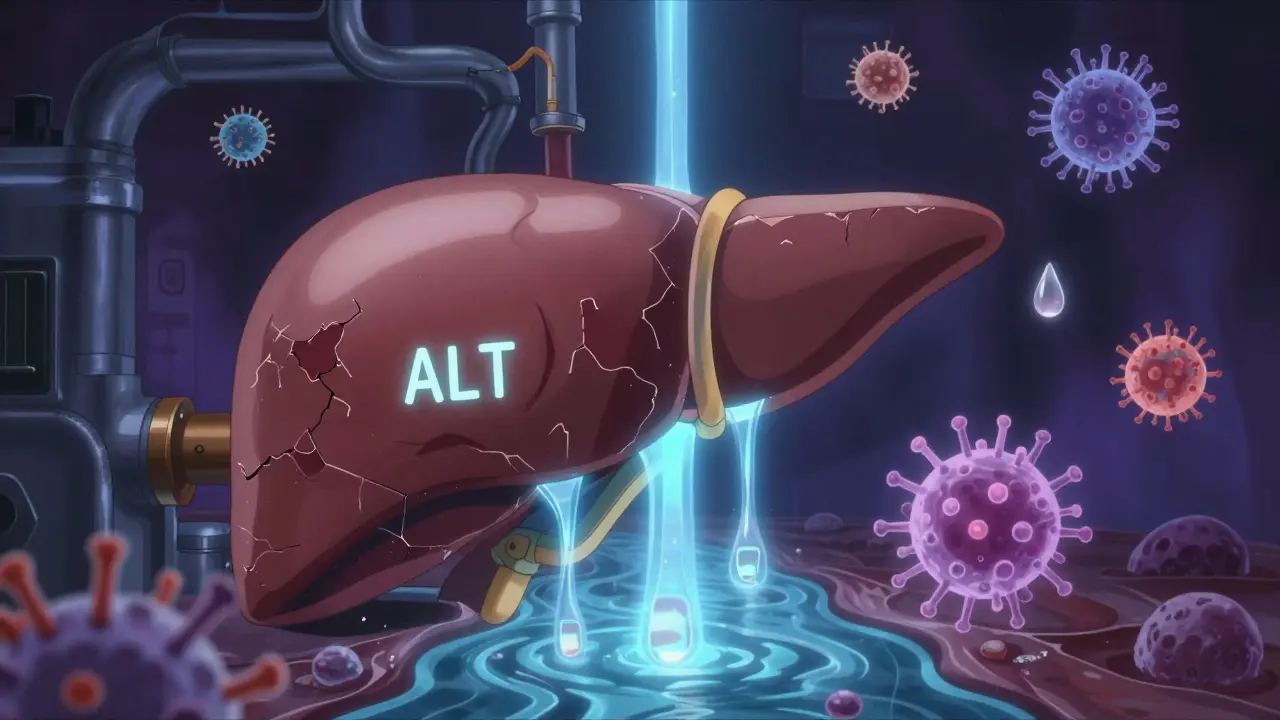Liver Health: What You Need to Know to Keep Your Liver Strong
Your liver works hard every day to filter toxins, help digest food, and store energy. But how often do you think about taking care of it? Keeping your liver healthy is a big deal because when it starts to fail, it can cause many problems, from fatigue to serious diseases like cirrhosis or hepatitis.
One of the easiest ways to protect your liver is watching your diet. Cutting back on too much sugar, saturated fats, and alcohol helps your liver avoid extra stress. Eating foods rich in antioxidants—like leafy greens, nuts, and berries—can support liver cells and reduce inflammation.
Common Liver Issues and How to Spot Them Early
Liver problems don't always show clear symptoms at first, which is why many people find out too late. But some signs like unusual tiredness, yellowing skin or eyes (jaundice), dark urine, or swelling in your belly and legs might mean trouble. If any of these pop up, getting a doctor's check can catch issues before they get serious.
Simple Lifestyle Changes for Better Liver Health
Besides diet, staying active helps your liver stay in shape. Exercise controls weight and prevents fat buildup around the liver, a common cause of non-alcoholic fatty liver disease. Also, avoid risky behaviors like using unclean needles or unprotected sex, which can increase the chance of infections harming your liver.
Regular medical checkups including liver function tests can keep you ahead of problems. If you take medications like Etodolac or supplements like Neem, understanding how they interact with your liver is important to avoid damage. Your liver will thank you for the care you put in today, so why not start with small, manageable steps?

Liver Function Tests Explained: ALT, AST, Bilirubin, and What They Really Mean
Understand what ALT, AST, and bilirubin levels mean in liver function tests. Learn how to interpret patterns, avoid common mistakes, and know when to take action for better liver health.
Continue Reading
The Impact of Chronic Hepatitis B on Liver Health
Chronic Hepatitis B is a serious health concern that can significantly affect liver health. It can lead to severe conditions like cirrhosis and liver cancer if left untreated. The virus damages the liver cells, causing inflammation and scarring, which impairs the liver's ability to function properly. Regular check-ups and maintaining a healthy lifestyle can help manage the disease. However, early detection and appropriate treatment are crucial in preventing long-term damage.
Continue Reading
